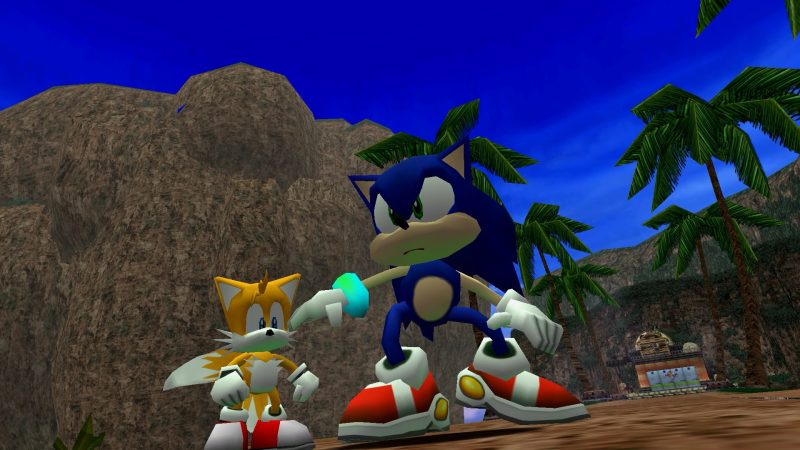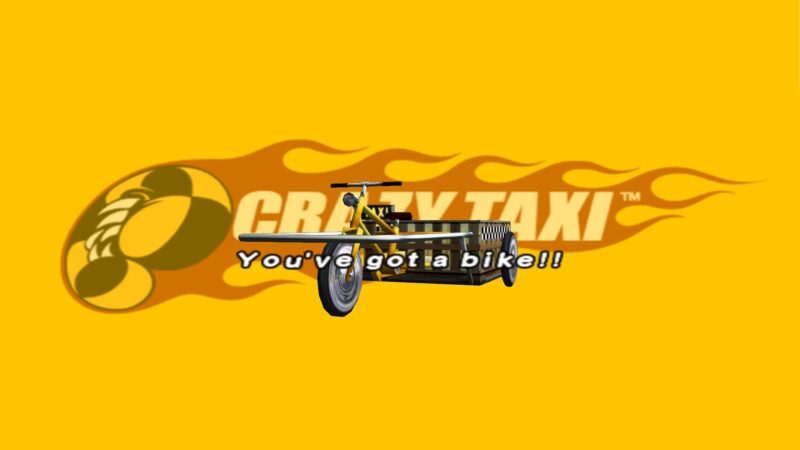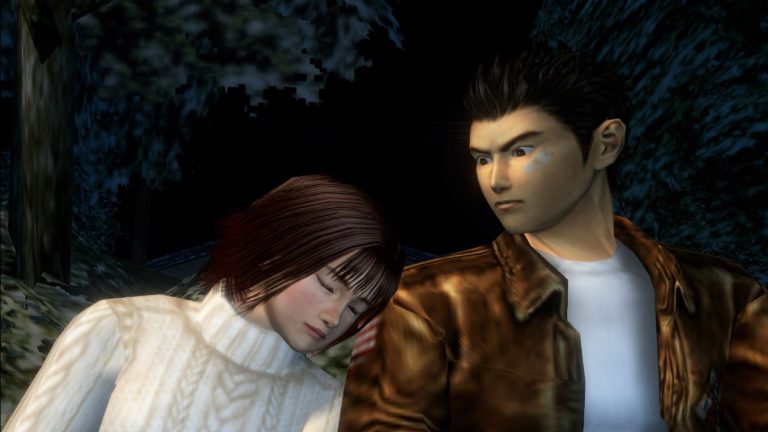The rebirth of the retro console era with mini versions of historic gaming machines has been nothing short of fascinating. Nintendo rejuvenated the trend with the NES and SNES Mini, followed by Sega’s Genesis Mini, and Sony’s PlayStation Classic. However, the Sega’s Dreamcast, arguably the company’s most audacious venture, was apparently initially planned to join the party.
According to Adam Koralik, a YouTuber and retro gaming expert, Sega had considered releasing a miniaturized version of the Dreamcast. This revelation shines a spotlight on Sega’s underlying worries – chiefly, the compromise between its quality and cost. Koralik, who previously collaborated with Sega on the Shenmue re-release, offered valuable info from behind-the-scenes interactions he had with the company. “If you want to get [the Dreamcast] into a little mini box… you either build this perfect Dreamcast emulator… or you do a low-end version that’s running PC ports,” he explained.
Sega’s dilemma was rooted in two unappealing options. A high-quality product that would be priced prohibitively at a $300 price point, alienating many fans, or a more affordable version that comprised of PC ports, an option that had a ton of criticism in the past. Sega’s past attempts, like the Dreamcast Collection on Xbox 360 that essentially carried PC versions, weren’t met with unanimous appreciation, which might have been the biggest factor in its decision.
However, there’s more to the Dreamcast’s story than meets the eye. This console, despite initial commercial struggles, has emerged as a cult classic. Its vast, innovative game library has withstood the test of time, spawning a vommunity of admirers dedicated to championing its “forgotten” library.
With titles like Sonic Adventure, Crazy Taxi, Shenmue, and Samba de Amigo that still resonate with fans to this day, the Dreamcast’s software legacy seems immortal, even if its hardware rebirth seems distant.
The discussion around a Dreamcast mini evokes deeper questions about preserving gaming history. The Dreamcast, for many, is a symbol of audacious creativity and ambition, a beacon of what could have been. Some critics argue that the mini version might end up being another fleeting trend, purchased impulsively and soon forgotten, while others see an opportunity for Sega to acknowledge and celebrate its rich Dreamcast catalog.

Sega’s Dreamcast Collection on the Xbox 360, despite its limitations, was a testament to the console’s timeless appeal. A more expansive, carefully curated collection could potentially bring back a plethora of Dreamcast classics to the current day gaming platforms. Titles like Skies of Arcadia, Toy Commander, Metropolis Street Racer, and the much-coveted Phantasy Star Online are just a few that come to mind.
Imagine a world where Sega revives these classics, accentuating them with modern enhancements, not unlike Rockstar Games’ Red Dead Redemption re-release on the PS4 and the Nintendo Switch, which by the way, is selling very well.
As much as fans would love a physical mini version of the Dreamcast, perhaps the true value lies in preserving the soul of the console – its games.
An episodic Dreamcast Collection, remastered for today’s consoles, would be a beautiful bridge between the past and the present, catering not just to the nostalgic but also introducing a new generation to the magic of the Dreamcast era.

In the end, while a tangible Dreamcast Mini might be a distant dream, Sega has a unique opportunity. They can carry forward the Dreamcast’s legacy, not just as a piece of hardware, but as a testament to an era when gaming took bold leaps into uncharted territories.
Speaking of Sega, the company’s arm in the United States has agreed to unionize. Finally, the company is open to the development of remakes and reboots of older Sonic titles.

